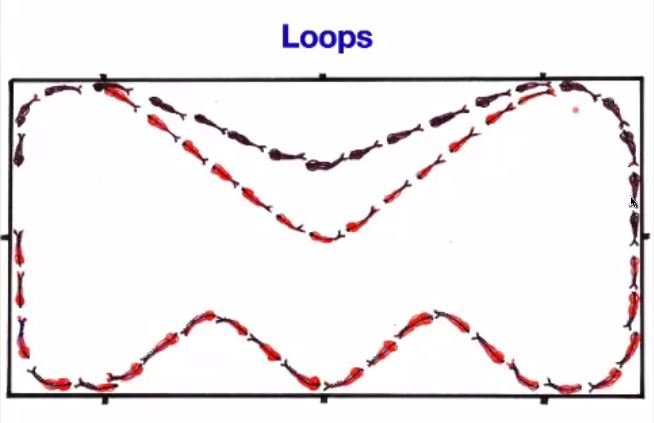How your horse bends and improving Lateral Flexion - with Horses Inside Out
Have you ever heard the saying ‘lateral flexion comes before longitudinal flexion’ or how about ‘without true bend you can’t have true straightness’ ?
Both sayings I have heard a few times over the years, and I understand what the principles are behind them, but putting this into practice can be more of a challenge.
How does the horse’s body create bend?
How can we influence the horse’s body to create and improve their ability to bend?
If we can have the answers to these questions will we will then unlock the key to self carriage and straightness?
When I saw that as part of the Horses Inside Out Webinar Wednesdays, Gillian Higgins was going to present ‘The Biomechanics of Bending’ I was really excited.
The webinar was split into sections:
Part 1 - All about bending
Defining lateral flexion
How the horse bends
Causes of bending limitations
Part 2 - How to help improve bend with exercise
Stable exercises
In-hand exercises
Ridden exercises
During Part 1 Gillian took us on a journey from poll to tail.
Talking about each section of the horse, including individual joints and also joints working together, explaining what type of movement we have at each point and dispelling the myth that the horse can bend evenly from poll to tail.
She also talked about how the body doesn’t just need to be able to bend but also requires stability. For example at the base of the neck.
Too much bending here and the horse will fall out of the shoulder when we ride a circle, so we actually require stability or straightness here.
It’s really fascinating to learn where there is and isn’t the ability to bend in the body of the horse - it can be quite surprising and not what you would expect.
After our journey through the horse’s body we looked at the causes of bending limitations.
Of course not every horse is going to be able to have full range of movement at every part of their body and there could be various reasons for this which we would need to consider before using any type of exercise or training to try and improve the bend.
These may include but are not limited to:
The rider
Bony changes (arthritis)
Lameness or clinical problems
Postural Imbalances
Muscular Imbalances
Weakness
Stiffness
Does your horse have any of these limitations? How can we help them to improve their ability to bend?
Part 2 of the webinar was all about exercises we can do to help improve bend in our horses.
Gillian split each exercise category into 3 levels which means that in each category there was an exercise appropriate for any horse or handler, whatever their level of experience or ability to bend is. This also means there are progressions to work through to really improve your horse’s flexion.
One of my favourite stable based exercises to recommend to my own clients as a therapist myself, is carrot exercises.
I absolutely loved this visual Gillian used to explain where to put the carrot and encourage the horse to stretch to in order to target bend in certain parts of the body.
The in-hand exercises Gillian shared also included on of my favourites - Turning Poles.
Walking small circles over a set up of poles so that your horse has to negotiate the poles whilst also balancing their body through the bend.
And for the ridden Gillian shared quite a few exercises including riding shallow loops, helping your horse to change bend and flexion.
For a healthy body we need to take our horse’s bodies through their full range of movement on a regular basis.
This is why exercises such as these are a great support for a healthy musculoskeletal system.
There is so much to learn in this webinar and absolutely tons of exercises to work on. I would highly recommend heading over to the Horses Inside Out Academy and purchasing a lifetime copy, as you can watch this as many times as you like :)
I hope this blog as whet your appetite for the webinar as having the theory and understanding of how our horses bend and why bend is important really helps you to understand why we would want to do the exercises - it all just makes more sense!
Thank you for visiting my blog!
Jess






